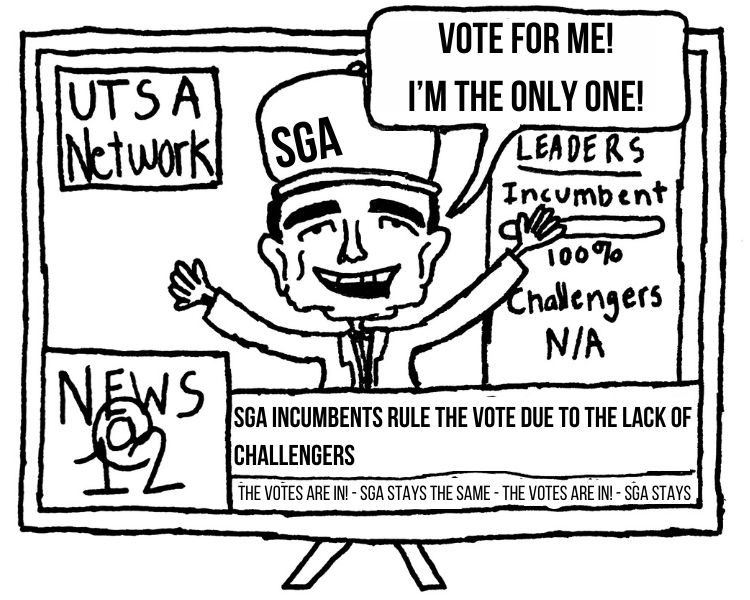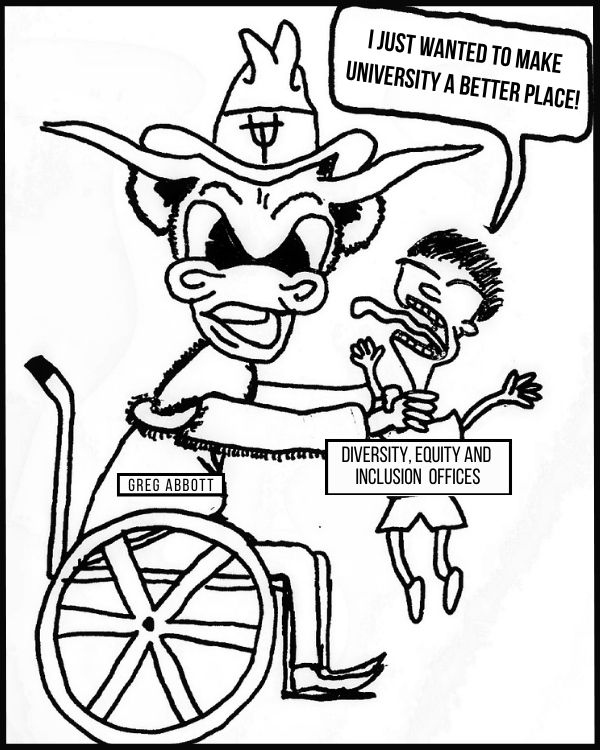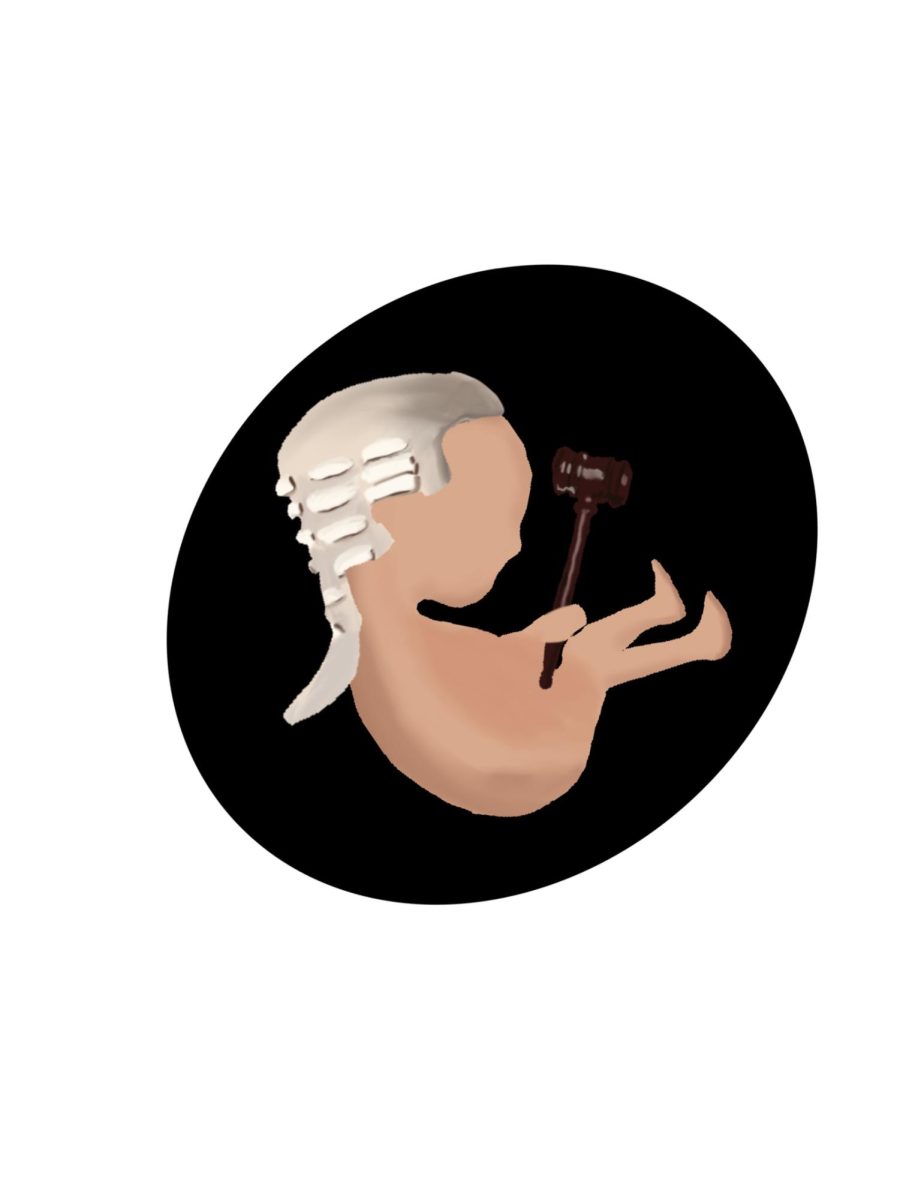Pepperoni pizza and chocolate chip cookies are the two most popular items at Roadrunner Café, UTSA’s on-campus dining option.
And that makes sense, considering Americans are hooked on sugar. Increasingly, studies confirm what most American’s guts already know: in large amounts, sugar and other nutrient-dense foods usher in obesity, apathy and anxiety.
According to a national survey of students, 3 out of every 10 college students are obese. The obesity epidemic is a local epidemic. In Bexar County, the area which more than half of UTSA students hail, 65.7 percent of adults are overweight or obese, according to the Center for Disease Control and Prevention (CDC).
A recent medical study reported that it is more difficult for millennials to lose weight than it was for their parents to shed pounds when they were young adults.
Why? The short answer: because of how Americans are gaining weight, the properties — or lack of the good and excess of bad — in the food consumed.
A new line of thinking has emerged and this study supports it: it’s not American’s fault, it’s the foods’ fault. If guns don’t kill people because people kill people, food doesn’t make Americans fat, Americans make themselves fat.
Weight management — reaching and maintaining a target weight — necessitates knowledge of more than calories. Although, calorie posting (informing consumers of the caloric value of an item on the menu) is now commonplace: Starbucks does it, McDonald’s does it, even UTSA’s Roadrunner Café offers students calorie guidelines.
The amount of sugar and whether or not the item has artificial and manipulated ingredients such as high fructose corn syrup or hydrogenated oils — originally healthy oils like corn oil or coconut oil that have been heated — are most often omitted from these guides.
The popular epithets “healthy,” “reduced-fat” and “diet” play on the rationale that one option is healthier than another, while masking that both are poor choices.
To beat the back their waistbands, students should invest time to study and questions about food, which may sometimes provoke answers that contradict a stereotypical “fun” care-free way of life also marketed to college students, try their darnest to employ self-restraint and continually challenge their taste buds.
It’s time to put the came-from-cardboard pizza down — at the party, at the food court and at the student organization. Yes, even if it’s free.

















